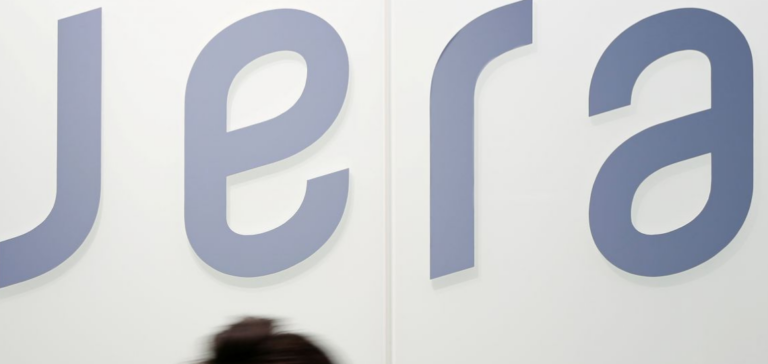The Japanese government, represented by the Minister of Economy, Trade and Industry, Yasutoshi Nishimura, has taken a decisive step towards securing its energy supply. On November 24, Nishimura announced the approval of JERA as the first supplier for the Strategic Buffer LNG (SBL) framework, marking the imminent start of this new supply contingency system in December.
Global LNG Supply Context
This initiative comes against a backdrop of tightening global supply and demand for natural gas and LNG. Minister Nishimura stressed the vital importance of LNG for Japan’s electricity and gas supply. Faced with recurring supply problems, notably following Russia’s invasion of Ukraine and Europe’s energy crisis, the country is now seeking to protect itself against any temporary disruption of supply due to problems in gas-producing countries.
Objectives of the SBL Framework
As part of the SBL, Japan plans to secure LNG cargoes to meet any eventuality, starting with a minimum of one LNG cargo per month during the months of high winter demand, from December 2023 to February 2024. As a certified SBL supplier, JERA is committed to meeting the demands of the Ministry of Economy, Trade and Industry, and to contributing to Japan’s energy security by maximizing its efforts to secure stable fuel supplies.
JERA’s key role in energy security
In response to questions about securing the minimum three LNG cargoes for SBL over this three-month period, the JERA spokesman indicated that the company was working to establish an internal system to be able to secure and operate at least one cargo per month for SBL during this fiscal period, declining to give further details.
The SBL framework is a first for Japan, which until now has only had commercial stocks of LNG, as opposed to government- and privately-held reserves of crude oil and refined products, as well as domestic LPG reserves. JERA, which manages nearly 40 million tonnes of LNG a year and owns a controlled fleet of 20 LNG carriers through JERA Global Markets, a joint venture between JERA (67%) and EDF Trading de France (33%), plays a key role in this energy security strategy.
By designating JERA as the leading supplier of LNG to SBL, Japan is demonstrating its determination to strengthen its energy security. In response to geopolitical challenges and market fluctuations, this system marks a turning point in the management of the country’s energy resources, moving towards greater autonomy and preparedness in the face of possible supply disruptions.






















